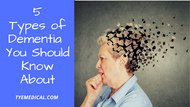5 Types of Dementia and Symptoms to Recognize
Written by TYE Medical on Sep 24th 2021
Alzheimer’s disease is probably one of the first and only types of dementia that comes to mind when you hear about degenerative brain diseases. While it’s true that it’s by far the most common form of dementia, it’s not the only one to be aware of.
Dementia is an umbrella term for a host of symptoms that include impaired memory, language, and other cognitive abilities that interfere with daily life. In other words, your brain isn’t functioning well, but it could be reversed or treatable depending upon the type or cause.
Knowing which type of dementia you or your loved one might have can be helpful to treat or slow progression. This means it’s essential to work closely with a qualified doctor. But in the meantime, here is an overview of the different types and symptoms of dementia.
1. Alzheimer’s Disease

Let’s start with the one you’re most familiar with. Alzheimer’s affects 60-80% of people with dementia, making it the most common type. The disease disrupts the brain’s protein removal process, resulting in a buildup of proteins called plaques or tangles. This process destroys brain cells and disrupts neurons, impacting brain function.
Symptoms typically don’t appear for years after the plaques and tangles begin forming, often arising when you’re in your 60s or 70s. When symptoms begin appearing at an earlier age, it’s called early-onset or young-onset Alzheimer’s.
The primary symptom of Alzheimer’s is memory loss that triggers symptoms like repeating yourself or quickly forgetting new information. Even simple tasks you’ve performed countless times can become confusing when you forget how to do them. Other symptoms include forgetting the names of friends and family, struggling to follow a typical conversation, and confusion about the time of day.
2. Lewy Body Dementia (LBD)

This is a type of dementia is related to Parkinson’s disease and affects about 1.4 million Americans. It’s usually diagnosed after age 50. The condition involves a specific protein that forms clumps called Lewy bodies that accumulate in nerve cells. These protein accumulations affect the part of the brain that controls your motor skills, memory, and cognition.
The trademark symptom of Lewy body dementia is visual hallucinations and delusions. Aside from seeing what’s not there, you might also act out your dreams. Of course, you can eventually experience a decline in your thinking, memory, attention, and information processing. However, initial symptoms depend upon where the Lewy bodies first form.
LBD can progress to physical Parkinson’s symptoms like difficulty walking, tremors, and rigid muscles in later stages.
3. Vascular Dementia
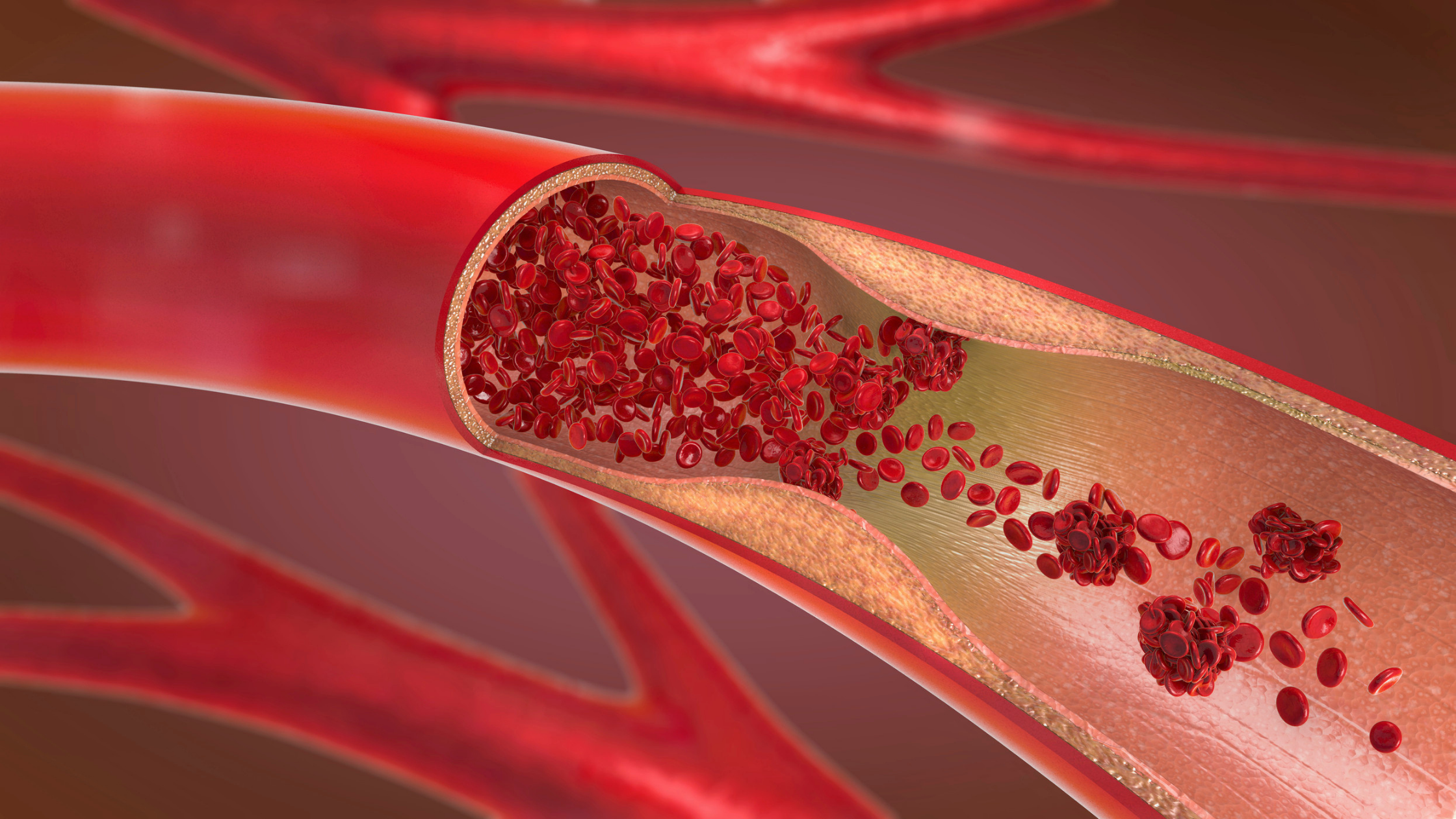
It’s most often related to a major stroke or a series of more minor strokes (transient ischemic attacks or TIAs), which is why it’s the second most common type of dementia. When a stroke or other condition cuts off or restricts blood flow to your brain, there’s also a lack of oxygen flow that damages and kills the affected brain cells.
Narrowing blood vessels linked to diabetes, atherosclerosis, or high blood pressure can also cause vascular dementia. Your risk increases with age, and it’s more likely to affect you over age 65.
Symptoms include:
- Language struggles
- Inappropriate emotional outbursts
- Difficulty concentrating or focusing
- Declining planning and judgment skills
- Memory loss
- Impaired motor skills
- Confusion
- Depression
- Hallucinations
- Urinary incontinence
Although it’s common for Alzheimer’s and vascular dementia to coexist (called mixed dementia), they differ in how they progress. Alzheimer’s involves a steady worsening of symptoms, while vascular dementia can progress suddenly with each TIA.
4. Normal Pressure Hydrocephalus (NPH)
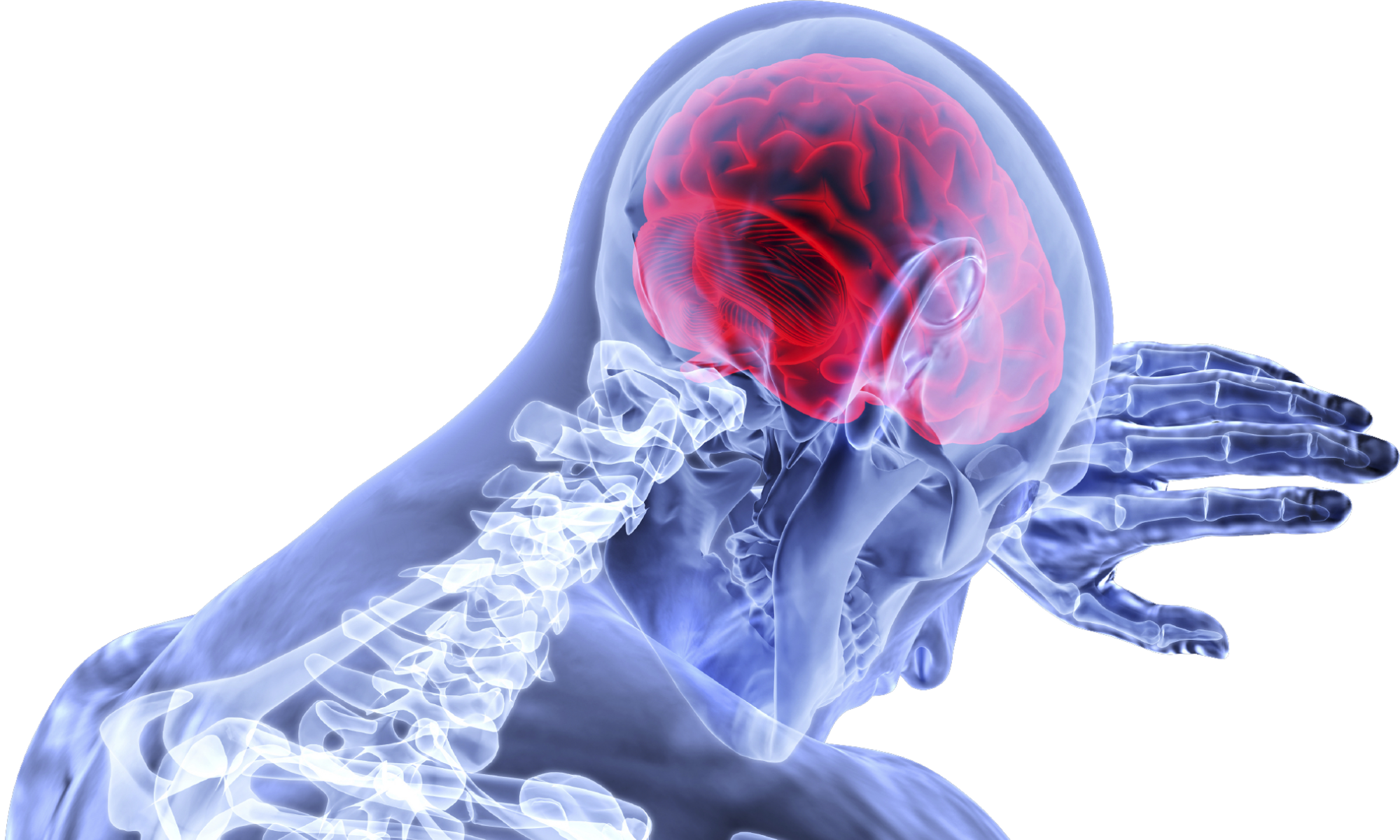
This type of dementia develops due to excessive cerebrospinal fluid that builds up in your brain’s ventricles or cavities. According to the Hydrocephalus Association, over 700,000 Americans have this condition, but less than 20% receive a correct diagnosis. Most people are misdiagnosed with Alzheimer’s, Parkinson’s, or told its symptoms of normal aging.
As fluid accumulates, the ventricles swell and affect surrounding brain tissue. Often this happens because of a head injury or infection that has pushed blood into your spinal fluid, which clogs flow and prevents brain fluid from releasing through the spine.
The primary symptoms of NPH include:
- Difficulty with balance (even walking)
- Short-term memory loss
- Urinary incontinence
- Mood changes
- Difficulty making decisions
Normal-pressure hydrocephalus requires a surgical procedure that inserts a shunt from your brain to your abdomen to drain excess fluid and relieve pressure.
5. Frontotemporal Dementia (FTD)
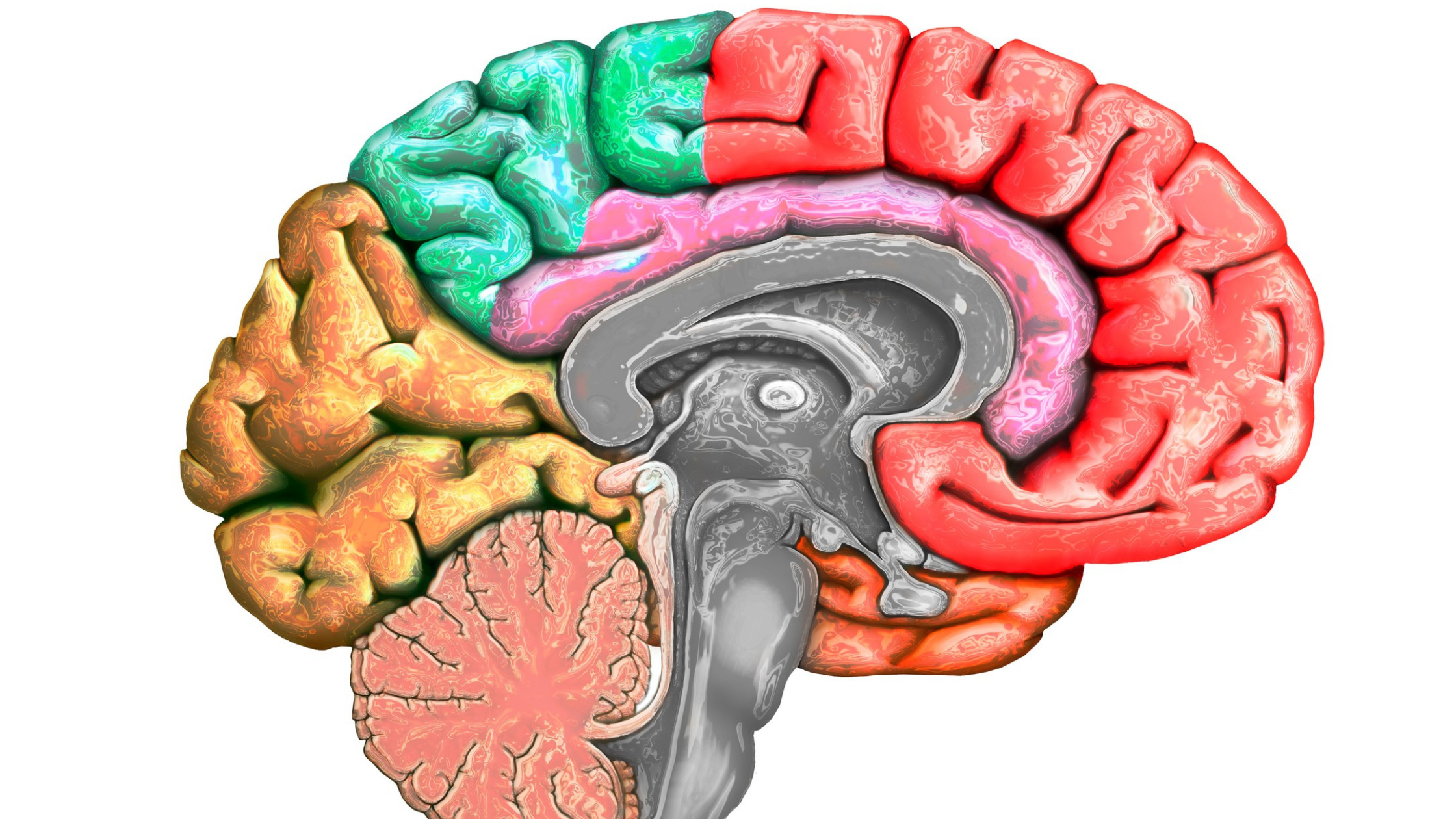
It’s frontotemporal dementia when specific proteins damage nerve cells in the frontal and temporal lobes, causing them to shrink. Researchers haven’t pinpointed the exact cause but have identified several underlying brain disorders involving specific proteins.
For people under 60, it’s the most common type of dementia.
Your brain’s frontal and temporal lobes control language, behavior, mood, and motor function. Symptoms include:
- Apathy
- Aggression
- Lack of empathy
- Unusual food cravings
- Compulsions (repetitive actions)
- Difficulty speaking or writing
- Poor comprehension
- Muscle weakness or atrophy
Because FTD can dramatically affect mood and behavior, sometimes medical professionals diagnose it as a psychiatric disorder. Since memory loss isn’t a symptom of FTD, it’s usually not misdiagnosed as Alzheimer’s.
Some Types of Dementia Cause Urinary Incontinence
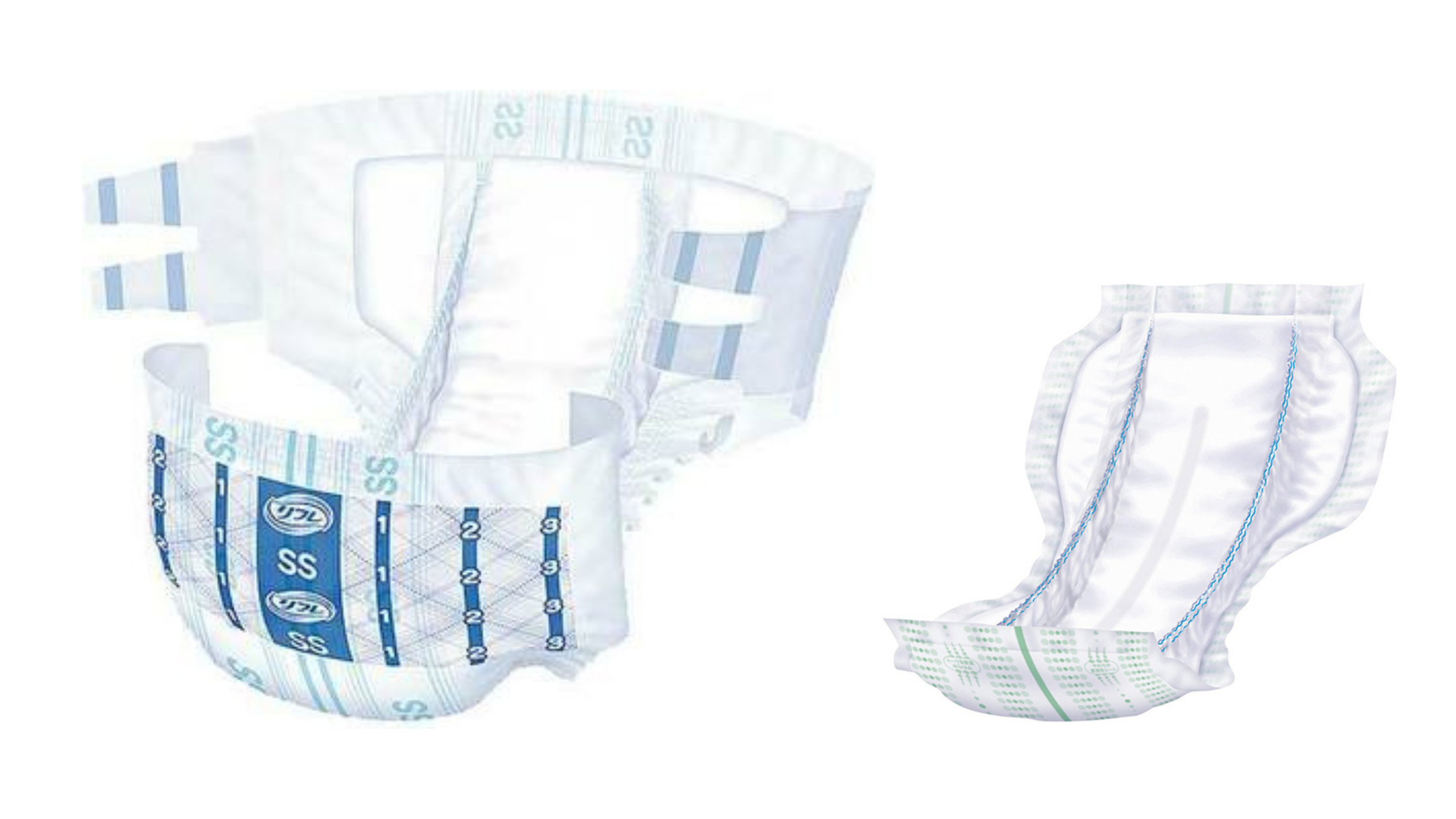
Neurological symptoms of dementia can trigger the involuntary release of urine, which is especially true with vascular dementia and NPH.
But any degenerative brain disease that affects memory can also cause functional incontinence. With functional incontinence, you can’t remember critical aspects of the voiding process. For instance, you or your loved one might not recognize how to use a toilet or undress. Sometimes you might forget you felt the urge to go or not know what the urge means.
TYE Medical offers quality solutions for caregivers dealing with dementia-related incontinence. Our two-piece system makes it easier and cost-effective to manage incontinence care. We recommend pairing our Premium Briefs (adult diapers) with our Shaped Pads (insert pads with waterproof backing) to maximize savings and convenience.

